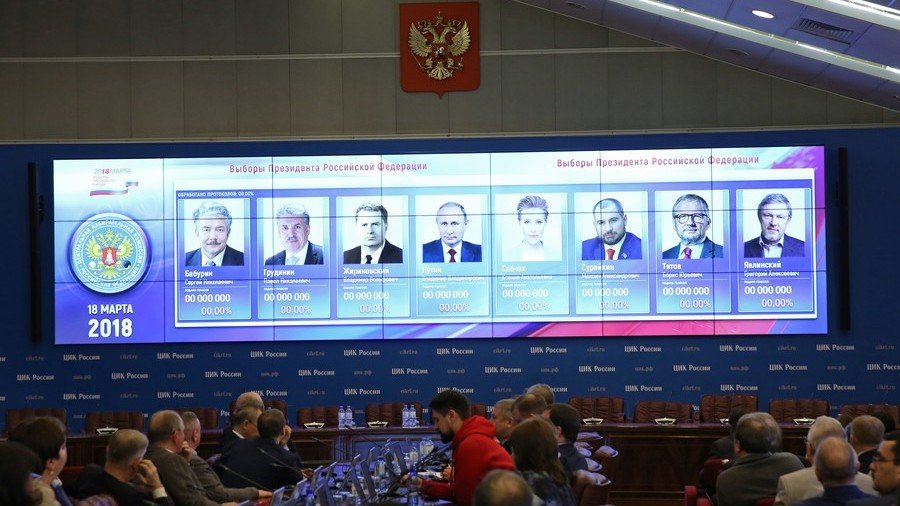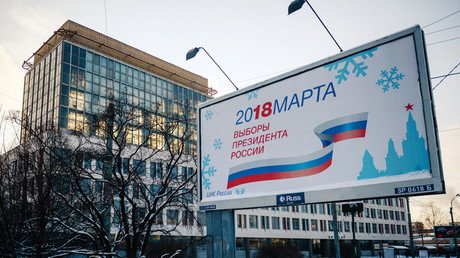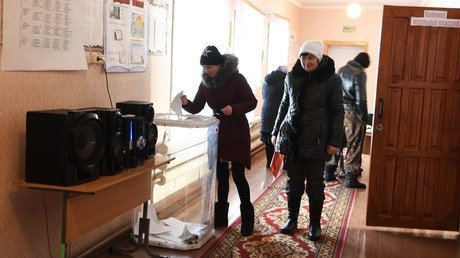Russians head to ballot stations in 7th presidential election

Russians are choosing their president for the next six-year term on Sunday in an election that state officials have described as the most open and transparent in modern Russia’s history.
The law orders that the nation’s top state official – the president of the Russian Federation – must be elected by a universal, equal and direct vote and specifies that participation in voting is strictly voluntary and free.
Eight candidates are competing in this year’s elections.
The law also specifies that every Russian citizen who chooses to participate in the election must do so in person with a single exemption made for cosmonauts who are allowed to vote by proxy when in orbit.
As of the beginning of 2018, Russia’s Central Election Commission estimates the total number of voters as slightly under 111 million (including about 2 million people who permanently reside outside the country). For the first time in history, the authorities changed the system of voting for people who cannot vote in places of their permanent residence – the earlier practice of using absentee ballots (special documents that citizens had to receive in advance) was changed to simply filing in a request either through a unified document processing center or even via the internet. Officials expect the new system to prevent the use of rigging schemes – known as ‘carousels’ – for which they have been previously criticized by the opposition.
The ballot stations open at 8am and close at 8pm local time.
Upon presenting their IDs voters receive a paper form with the names and short descriptions of all candidates. Extended versions of the candidates’ biographies are placed on special stands at every station. The law bans casting votes for other people, but those who need help must inform the district election commission about this and then they can be aided by anyone present, but not by elections officials, monitors, candidates or candidates’ representatives.
The filled ballots are cast in transparent sealed boxes. About 35 million Russians will be using special boxes equipped with automatic scanners that register the vote at the time it is cast, or a more modern system in which a voter receives a special card with a barcode instead of a ballot and makes their choice by using a touch screen on a special device.
The votes are then counted manually by district commission members in the presence of candidates’ representatives and independent monitors. The data is then punched into the ‘Elections’ State Automated System (GAS Vybory) along with the information that is automatically supplied by ballot boxes with scanners and fully electronic voting devices. The counting is done simultaneously for all ballots filled during the polls, including those that were completed in early voting and kept in sealed boxes. It starts immediately after the voting ends and should go on until all ballots are processed, which usually takes a few hours. The official results of the election will be announced within 10 days of the vote.
According to law, to secure victory in the first round a candidate must receive the support of over 50 percent of citizens who took part in the elections. If no one succeeds in this, a runoff election will be announced between the two most popular candidates.














